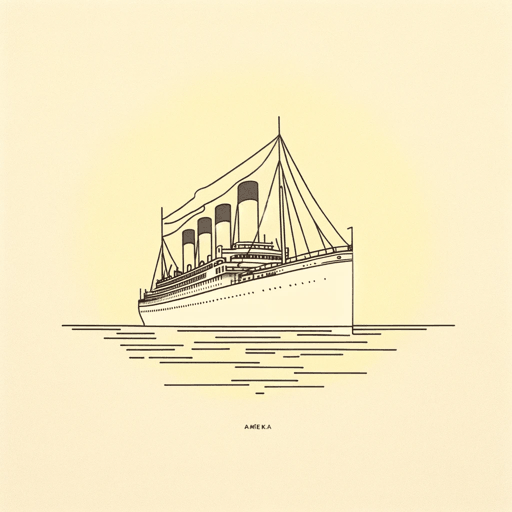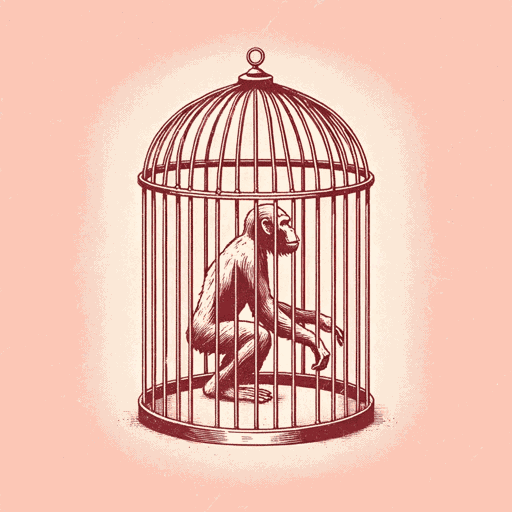31 pages • 1 hour read
Franz KafkaIn the Penal Colony
Fiction | Short Story | Adult | Published in 1919A modern alternative to SparkNotes and CliffsNotes, SuperSummary offers high-quality Study Guides with detailed chapter summaries and analysis of major themes, characters, and more.
Background
Authorial Context: Franz Kafka
“In the Penal Colony” reflects Franz Kafka’s frustration with bureaucracy and authorities, his struggle with alienation and identity crisis, and his deep anxieties and illness. The story can also be considered a commentary on the political and social climate of Kafka’s time, which was characterized by violence, disillusionment, injustice, and authoritarianism. However, his political motivations are not reflected in the story. Rather, “In the Penal Colony” is motivated by his struggles and experiences, which included his physical illnesses (tuberculosis, cluster headaches), mental health issues (depression, anxiety), his conflict with his father, and the exhaustive nature of his desensitizing job.
Kafka was born in 1883 to a middle-class Jewish family in Prague. He studied law but had more artistic inclinations. Throughout his life, he struggled with insecurities and inhibitions, and his sense of alienation plagued his personal relationships. The year he wrote this short story, Kafka became engaged to Felice Bauer in May, but the engagement was broken in August 1914. In addition to his Jewish identity in a hostile land, this experience heightened his sense of isolation, which is reflected in the story. The penal colony is located in an alienated “low lying valley” (74). Kafka’s contemporaneous society was a dual monarchy in which individuality and freedom were suppressed.
Related Titles
By Franz Kafka

A Country Doctor
Franz Kafka

A Hunger Artist
Franz Kafka

Amerika: The Missing Person
Franz Kafka, Transl. Willa Muir

A Report to an Academy
Franz Kafka

The Castle
Franz Kafka

The Metamorphosis
Franz Kafka

The Trial
Franz Kafka

